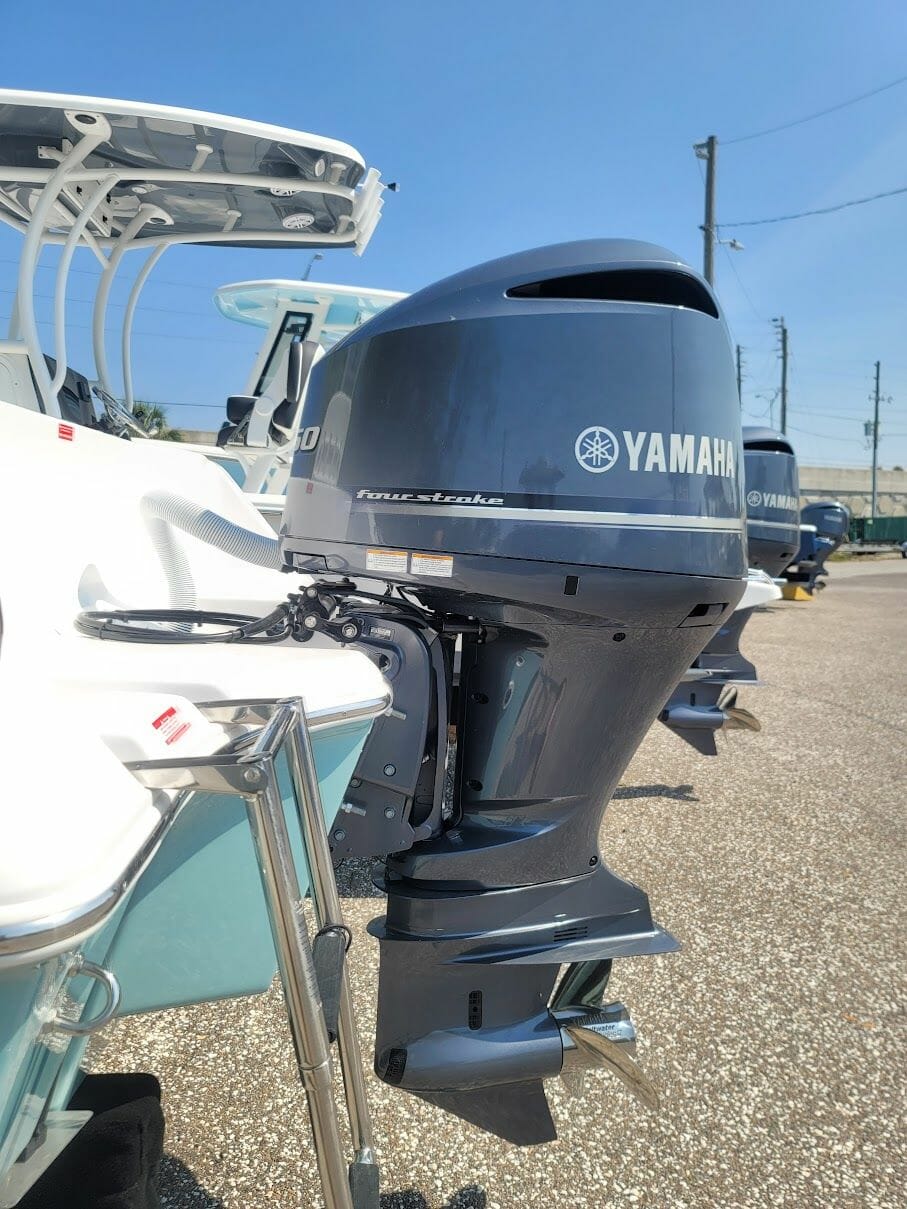The engine is the heart of your boat, powering your on-water adventures and offering your vessel the performance it needs. However, when it comes to choosing the right motor for your boat, it can be a daunting task. There are two main motor options: inboard and outboard. In this comprehensive guide, we will discuss the differences between these two types of motors and help you make an informed decision on the best engine for your boat.
Inboard Motors
Inboard motors, also known as inboard engines, are located inside the hull of the boat. They are typically found in larger boats, where space isn’t as much of an issue as it might be on a smaller vessel. Here are the major advantages and disadvantages of inboard motors:
Advantages
- Space and Weight Distribution: Inboard motors are located inside the hull, freeing up space at the stern of the boat. Additionally, the motor’s central location provides better weight distribution, which can improve stability and performance, particularly in rough waters.
- Power and Efficiency: Inboard motors tend to have more power than outboard engines. This increased power can result in better fuel efficiency under certain conditions.
- Maneuverability: Some inboard motors include a steerable drive system that can tilt and turn independently of the boat’s hull. This additional maneuverability can be a significant advantage, particularly for larger vessels.
- Quiet Operation: Due in part to their incorporation within the boat’s structure, inboard motors tend to operate more quietly than outboard engines.
Disadvantages
- Cost: Inboard motors are generally more expensive than outboard engines. Additionally, they are usually more complex, which can lead to increased maintenance costs.
- Access for Maintenance: Due to their placement inside the hull, inboard motors can be more difficult to access for repairs and maintenance.
- Installation and Adjustments: Installing or adjusting an inboard motor can be more challenging, as the process typically involves altering the boat’s hull and interior.
Outboard Motors
Outboard motors, on the other hand, are external engines mounted on the transom (rear) of a boat. They are common on smaller powerboats, and their versatility makes them suitable for a variety of vessel types. Here are the key advantages and disadvantages of outboard motors:
Advantages
- Cost: Outboard motors tend to be less expensive than inboard engines, potentially offering a more affordable solution for boaters.
- Ease of Maintenance: Outboard motors are more accessible for maintenance and repairs, making them a more user-friendly option for boaters.
- Simplicity: Outboard motors are generally less complex than inboard engines, which can result in fewer maintenance issues and lower overall maintenance costs.
- Versatility: Outboard motors can be used on a wide range of boats, from small fishing vessels to larger powerboats. This versatility makes them a popular option for many boaters.
- Easy Replacement or Upgrading: Outboard motors are relatively easy to replace or upgrade compared to inboard motors, allowing boaters to update their vessel’s performance without significant modifications to the hull.
Disadvantages
- Space and Weight Distribution: The placement of outboard motors on the transom can lead to reduced usable space at the stern, as well as less favorable weight distribution.
- Performance in Rough Waters: Outboard motors may provide less stability and performance in rough water conditions compared to inboard engines, due in part to their external placement.
- Noise Levels: Outboard motors generally produce more noise than inboard engines, which can be a consideration for boaters seeking a quieter experience.
Making Your Decision
When choosing between an inboard and outboard motor for your boat, it is crucial to consider the type and size of the vessel, as well as how it will be used. Consider the following factors when making your decision:
- Size of Your Boat: In general, inboard engines are better suited for larger boats, while outboard motors are more appropriate for smaller vessels.
- Intended Use: If you plan to use your boat for activities like fishing or cruising, an outboard motor may be the better choice due to its versatility and ease of maintenance. However, if you require more power and performance, particularly in rough waters, an inboard engine could be the better option.
- Budget: Evaluate the cost differences between inboard and outboard motors, as well as maintenance and potential upgrade expenses, to determine which engine type fits your budget best.
Ultimately, the choice between an inboard and outboard motor will vary based on your individual needs, preferences, and budget. By carefully considering the advantages and disadvantages of each motor type, you can make an informed decision and select the best engine for your boating adventures.


